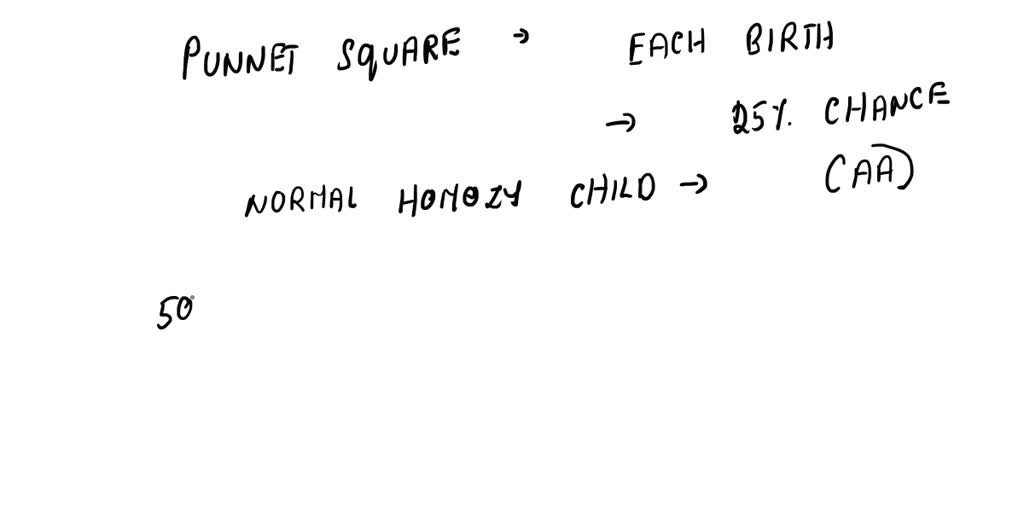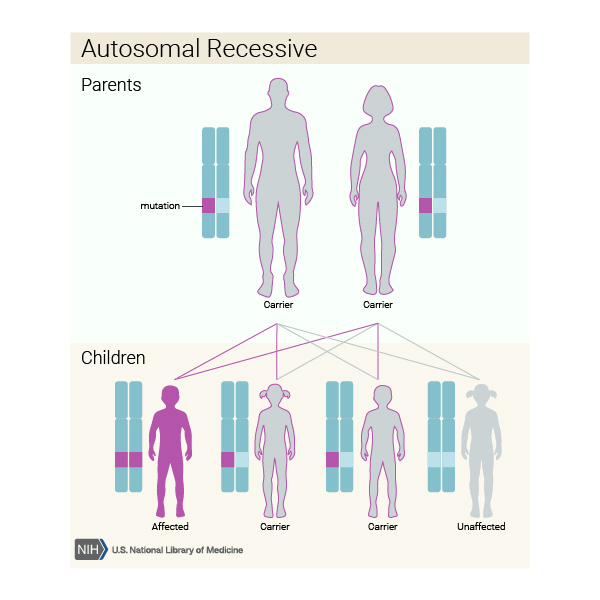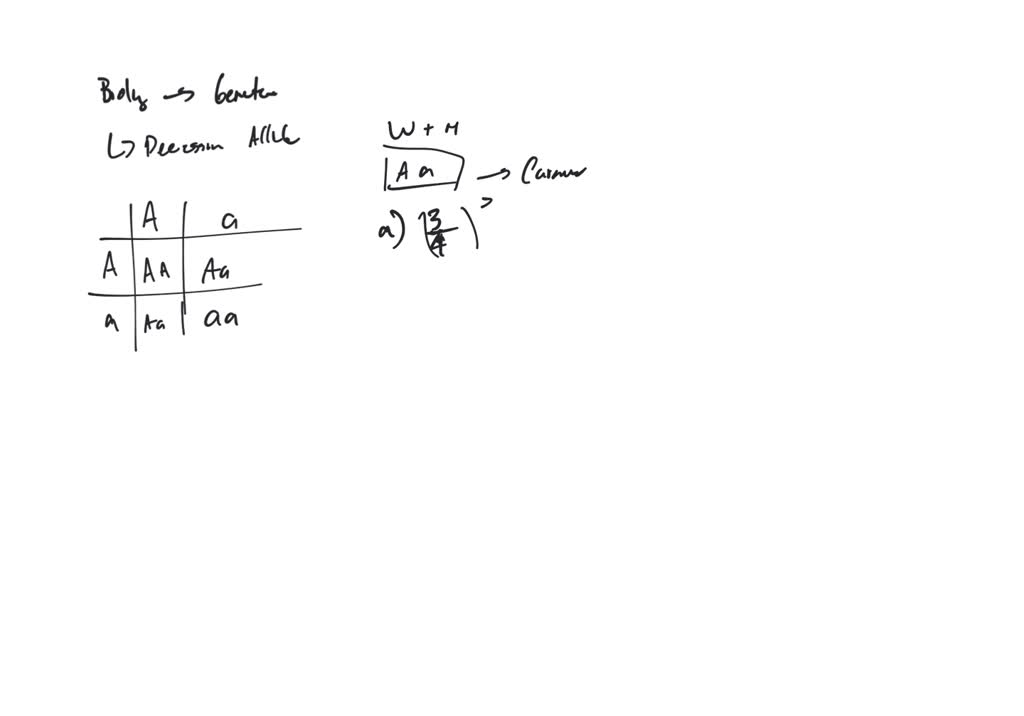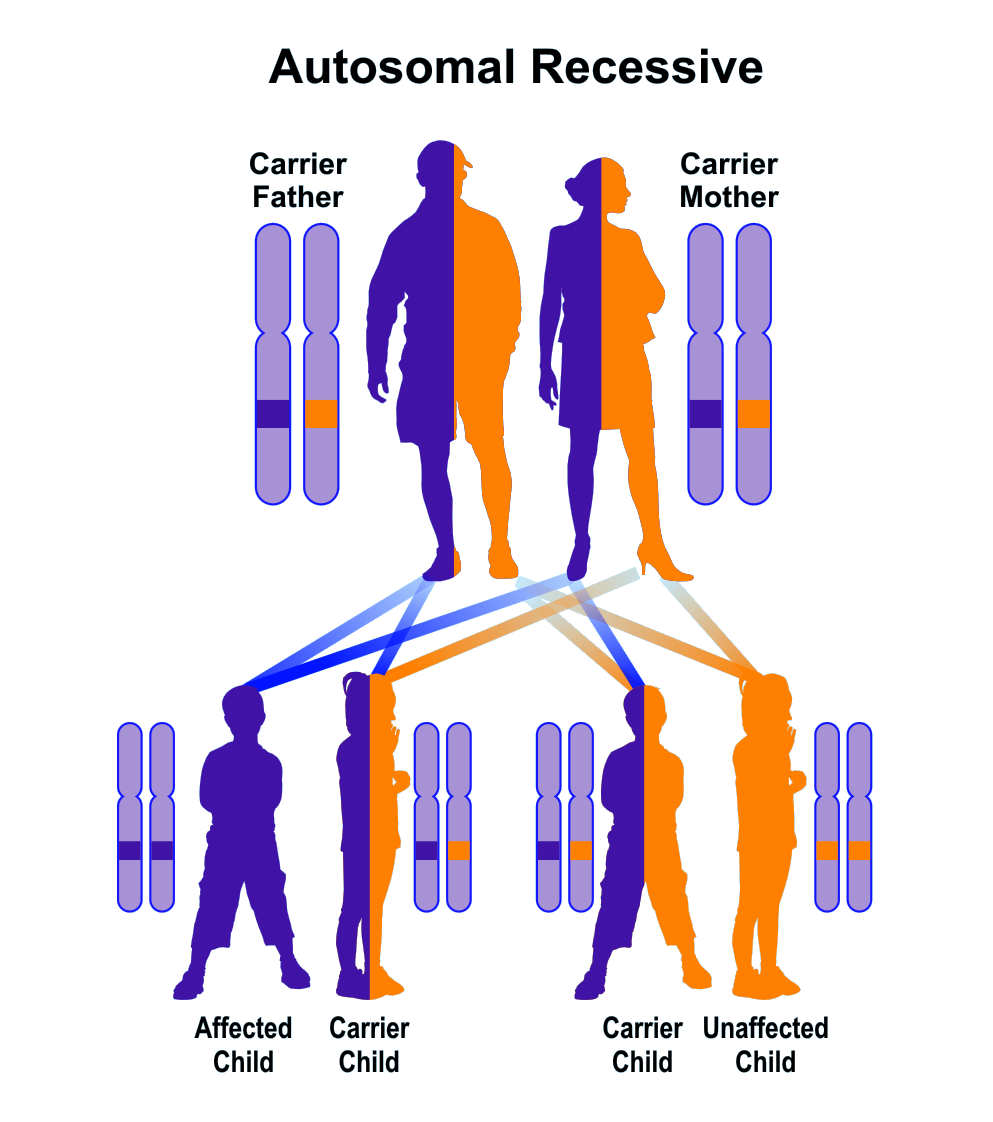Do Both Parents Have To Be Carriers For Hemochromatosis - When both parents are carriers there is a 1 in 4 (or 25%) risk that. Brothers and sisters have a 1 in 4 (25%) chance of being affected only if both parents are carriers. Who in the family is at risk of hereditary haemochromatosis? People with hh have a change in both copies of their hfe gene. This can happen in three ways. What happens when both parents are carriers for genetic haemochromatosis? To develop gh you have to inherit a defective gene or genes from your parents. Each of your siblings and. If both parents are carriers. If two parents are silent carriers, each child has a 25 percent chance of inheriting two copies of the defective gene, and will most.
When both parents are carriers there is a 1 in 4 (or 25%) risk that. If both parents are carriers. This can happen in three ways. If two parents are silent carriers, each child has a 25 percent chance of inheriting two copies of the defective gene, and will most. Each of your siblings and. To develop gh you have to inherit a defective gene or genes from your parents. Who in the family is at risk of hereditary haemochromatosis? What happens when both parents are carriers for genetic haemochromatosis? People with hh have a change in both copies of their hfe gene. Brothers and sisters have a 1 in 4 (25%) chance of being affected only if both parents are carriers.
Brothers and sisters have a 1 in 4 (25%) chance of being affected only if both parents are carriers. What happens when both parents are carriers for genetic haemochromatosis? Who in the family is at risk of hereditary haemochromatosis? To develop gh you have to inherit a defective gene or genes from your parents. People with hh have a change in both copies of their hfe gene. This can happen in three ways. Each of your siblings and. If two parents are silent carriers, each child has a 25 percent chance of inheriting two copies of the defective gene, and will most. When both parents are carriers there is a 1 in 4 (or 25%) risk that. If both parents are carriers.
Each of your siblings and. To develop gh you have to inherit a defective gene or genes from your parents. People with hh have a change in both copies of their hfe gene. If both parents are carriers. This can happen in three ways.
SOLVED 6. Hemochromatosis is an inherited disease caused by a
When both parents are carriers there is a 1 in 4 (or 25%) risk that. Each of your siblings and. If both parents are carriers. What happens when both parents are carriers for genetic haemochromatosis? If two parents are silent carriers, each child has a 25 percent chance of inheriting two copies of the defective gene, and will most.
Hemolytic Anemias Part 4 G6PD Deficiency; Pathophysiology,Morphology
People with hh have a change in both copies of their hfe gene. Each of your siblings and. To develop gh you have to inherit a defective gene or genes from your parents. If both parents are carriers. If two parents are silent carriers, each child has a 25 percent chance of inheriting two copies of the defective gene, and.
Carrier parents Hemochromatosis diet, Hemochromatosis treatment
People with hh have a change in both copies of their hfe gene. If both parents are carriers. To develop gh you have to inherit a defective gene or genes from your parents. Brothers and sisters have a 1 in 4 (25%) chance of being affected only if both parents are carriers. Each of your siblings and.
Autosomal Recessive Inheritance Clinics Australia
People with hh have a change in both copies of their hfe gene. This can happen in three ways. What happens when both parents are carriers for genetic haemochromatosis? To develop gh you have to inherit a defective gene or genes from your parents. If both parents are carriers.
SOLVED Hemochromatosis is an inherited disease caused by a recessive
If two parents are silent carriers, each child has a 25 percent chance of inheriting two copies of the defective gene, and will most. To develop gh you have to inherit a defective gene or genes from your parents. When both parents are carriers there is a 1 in 4 (or 25%) risk that. Each of your siblings and. This.
Carriers of Sickle Cell
If both parents are carriers. Brothers and sisters have a 1 in 4 (25%) chance of being affected only if both parents are carriers. What happens when both parents are carriers for genetic haemochromatosis? If two parents are silent carriers, each child has a 25 percent chance of inheriting two copies of the defective gene, and will most. People with.
Controversy Can Hemochromatosis Carriers overload Iron YouTube
Brothers and sisters have a 1 in 4 (25%) chance of being affected only if both parents are carriers. What happens when both parents are carriers for genetic haemochromatosis? This can happen in three ways. If both parents are carriers. To develop gh you have to inherit a defective gene or genes from your parents.
"Hereditary Hemochromatosis Awareness Funny I have Hereditary
What happens when both parents are carriers for genetic haemochromatosis? This can happen in three ways. Who in the family is at risk of hereditary haemochromatosis? If two parents are silent carriers, each child has a 25 percent chance of inheriting two copies of the defective gene, and will most. Brothers and sisters have a 1 in 4 (25%) chance.
Peters Anomaly Hereditary Ocular Diseases
People with hh have a change in both copies of their hfe gene. Each of your siblings and. What happens when both parents are carriers for genetic haemochromatosis? If both parents are carriers. When both parents are carriers there is a 1 in 4 (or 25%) risk that.
When Both Parents Are Carriers There Is A 1 In 4 (Or 25%) Risk That.
If both parents are carriers. Who in the family is at risk of hereditary haemochromatosis? What happens when both parents are carriers for genetic haemochromatosis? To develop gh you have to inherit a defective gene or genes from your parents.
Each Of Your Siblings And.
If two parents are silent carriers, each child has a 25 percent chance of inheriting two copies of the defective gene, and will most. People with hh have a change in both copies of their hfe gene. This can happen in three ways. Brothers and sisters have a 1 in 4 (25%) chance of being affected only if both parents are carriers.









